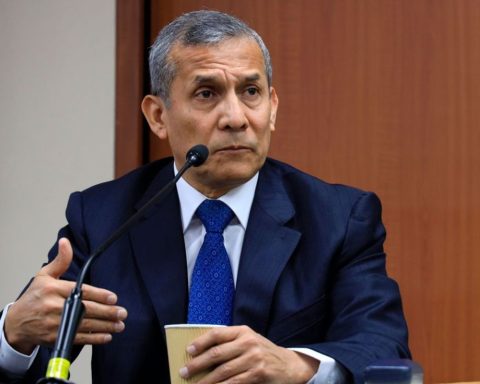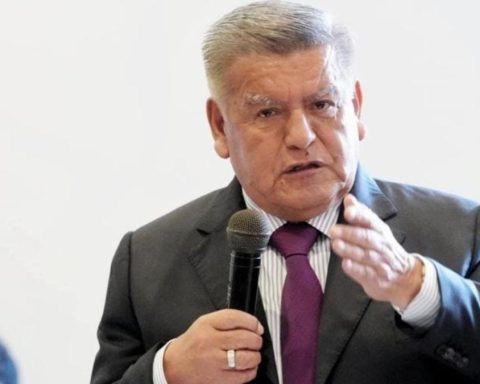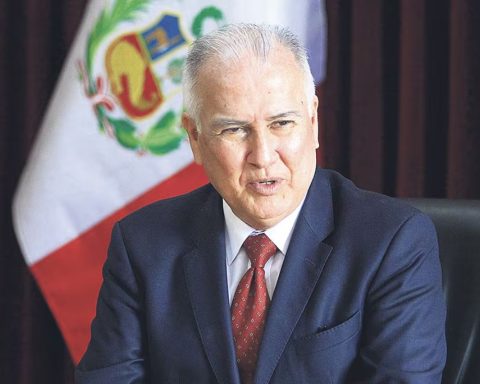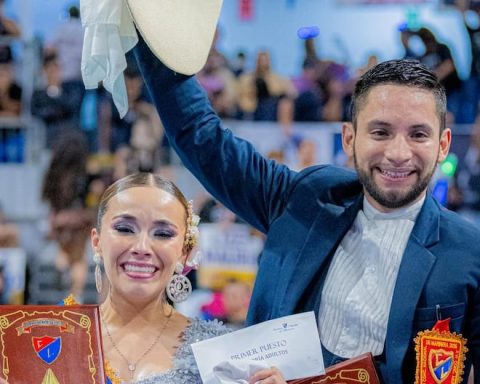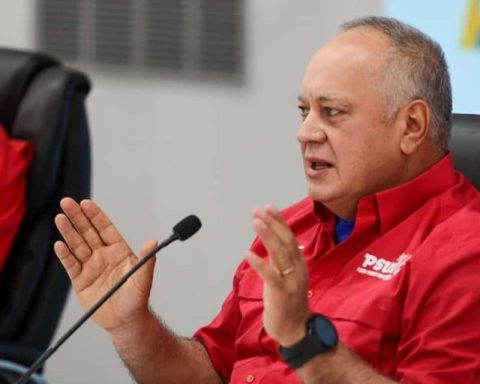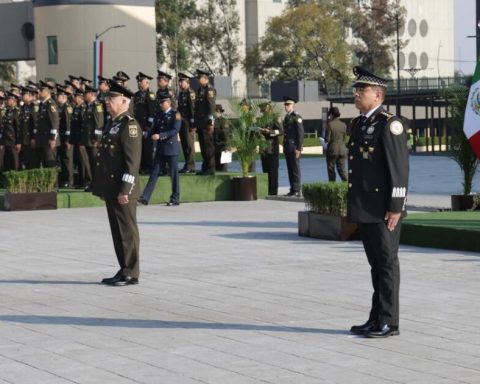The Plenary Chamber of the Supreme Court chose Javier Arevalo Vela as president of the Judiciary to represent them during the next period 2023-2024. Arévalo replaces Judge Elvia Barrios. The decision was made at a meeting held at 12:30 pm at the Palace of Justice.
“Tell the entire country that I am going to fulfill the duty that falls on me and likewise that the policies that the Judiciary has are State policies, therefore, we will continue in the line of what has been working. Undoubtedly, we will improve other issues, but we believe that the Judiciary is focused on some important axes, such as the fight against corruption, the fight against gender violence, seeking improvement in computer aspects,” he asserted during his first speech as president of said institution.
Javier Arévalo is 61 years old and specializes in civil law. He comes from the Superior Court of Lima, where he has been the supreme court since 2011.
In order to finalize the decision, it was necessary for one of the applicants to obtain the vote of half plus one, that is, of nine supreme judges, to achieve victory in the first round, as established in article 74 of the Organic Law of the Judiciary. .
The candidates Héctor Lama More and Carlos Arias Lazarte were unsuccessful in the election. The three candidates for the PJ presidency agreed on the digital transformation of the PJ, institutional ethics, the fight against corruption, among others.
The Plenary Chamber of the Judiciary is made up of 16 magistrates, of which only 15 of them were able to cast their vote for said process, since Supreme Judge Jorge Luis Salas Arenas is president of the National Election Jury, so he cannot vote .
Candidates for the presidency of the Judiciary
Héctor Lama More, Carlos Arias Lazarte and Javier Arévalo Vela come from the Superior Court of Lima, the latter being the oldest, since he has been the Supreme Court holder since 2011. He is followed by Lama, as head of the Supreme Court since 2016; and Arias, as titular supreme judge since 2017. Likewise, all three practice the specialty of civil law.

